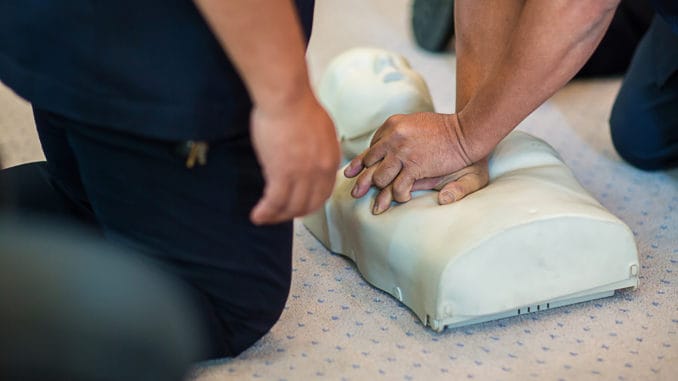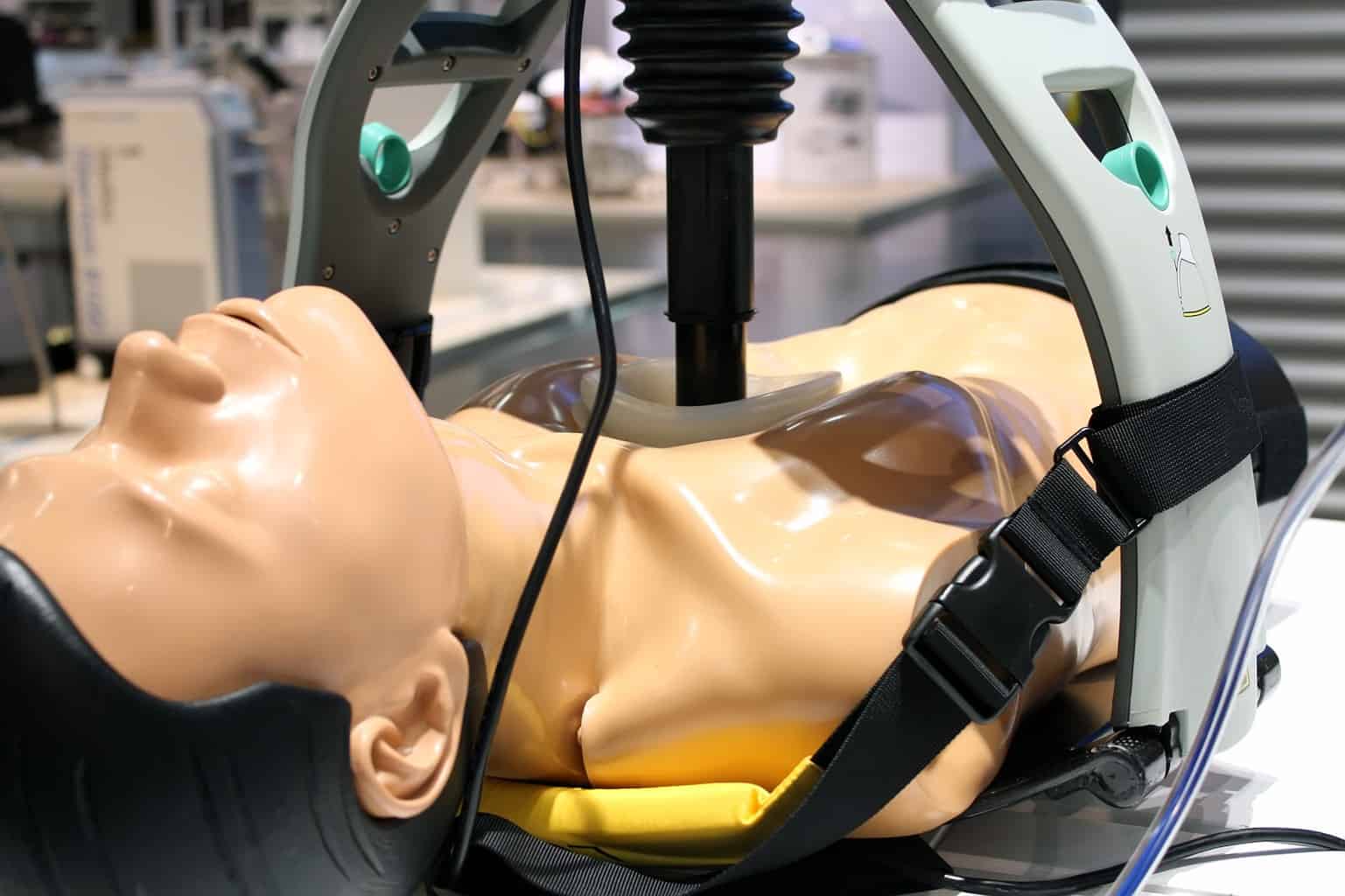
Beware this medical advancement that hurts more than it helps

—-Important Message From Our Sponsor—-
This man says that the pandemic and its aftermath represents an opportunity of a lifetime…
It could be the best thing that ever happened to you.
Only if you seize these specific opportunities…
This man has been through this before and he lays out a specific can’t-lose way to profit from the pandemic and what is coming…
Check out his comments here — I think you should see this
———-
If your loved one has a heart attack, don’t let them do this
You’d think all medical treatments would be tested for safety BEFORE being used on the public.
However, that’s not true for a new device (not a medicine) that’s on the market and quickly being adopted.
It’s a mechanical CPR device – and it could mean the difference between life and death for you or a loved one.

CPR does work.
Manual CPR works. If your heart stops and someone performs CPR on you in the traditional way, then you have a 2 to 3 times greater chance of surviving.
“CPR, which is to be done when the heart stops beating, can double or triple the chances of survival after cardiac arrest, when done immediately by keeping the blood flow active, says the American Heart Association.”
Personally, I like those odds.
But there is a new CPR machine that is being bought rapidly by hospitals and EMTs – in many cases, it is replacing manual CPR.
The question is, does this machine work as well or better than the traditional, people-powered CPR?
No proof that these CPR devices work…
The problem is that we don’t know if these devices work.
There has never been any testing done on them at all to show whether they are effective or work better or worse than manual CPR.
“It was particularly surprising because the mechanical CPR has not been tested for effectiveness by the FDA, even though it was approved by the FDA… We don’t really know if it is effective in terms of keeping people alive and whether it is cost effective.”
Considering that CPR is a technique that can bring you back from the brink of death, it’s IMPORTANT to know if these devices work or not.
Right now, with no data, I don’t trust them.
These mechanical CPR devices are becoming more common.
At the moment, most CPR is still done manually. But these devices are becoming more and more common.
“In settings outside of hospitals, CPR performed manually is still done much more often than by machine – about 69% of the time, the researchers found. However, the mechanical use rose steeply during that time period – from about 2% in 2010 to 8% in 2016.”
EMTs are the group that is using them most often, which means that these untested devices are being used by first responders.
“Increasingly, EMTs are using the devices, even though it’s not clear whether it is more effective than CPR performed by hand.”
It appears they are being purchased because of marketing.
As with many things in the U.S. medical system, it is likely these machines are being adopted in large part due to marketing by the medical device companies that make them.
According to the 2019 study mentioned above:
“…one possible reason for the increased use of machine CPR is marketing done by medical device companies.”
Our doctors and emergency responders are being sold machines for life and death situations…
And we don’t even know if they get the results they are supposed to get!
The bottom line on mechanical CPR devices…
Sometimes mechanical devices like this work really well.
But with this one, we have no way of knowing because it has never been tested for effectiveness.
For me, if I have a loved one who needs CPR, I hope I have enough wherewithal in the moment to ask for traditional CPR.
I don’t want an untested machine working on someone I love.
—-Important Message—-
How to get more blood flow to your penis — makes erections stronger and longer-lasting

The male member needs plenty of oxygen too — because oxygen = blood flow.
In fact, if the member doesn’t get enough oxygen, and therefore not enough blood flow, very bad things start happening down there…
It’s called “tissue hypoxia” — and with tissue hypoxia, the penile tissue actually shrivels up and dies…
And this causes serious erections problems for men, and can even result in lifelong impotence.
Do NOT let this happen to you.
———-
